Targeted attacks on Hindus in Leicester: A deeper look
- Update Time : Tuesday, September 12, 2023

Just over a year ago, the city of Leicester witnessed a troubling series of incidents targeting Hindu homes and vehicles. As one walks through the most affected areas today, the scars remain in the form of Hindu symbols scratched off doors and cars, removed to avoid further attacks. False narratives labeling the community as “Hindutva terrorists” made the Hindu population in Leicester a target, leading families to fortify their security with extra locks and CCTV cameras, and some even temporarily relocating.
Derogatory slurs like “cow piss drinkers”, “violent vegetarians”, and “BJP terrorists” became associated with this unrest, not only denigrating the Hindu faith but also linking British Hindus to political affairs in India. The situation in Leicester eerily echoes the anti-Semitism playbook.
A year has passed, and the baseless cries of “Hindutva” have only grown louder, accompanied by a distressing rise in anti-Hindu hatred. But where are the advocates for this persecuted minority? In an era supposedly focused on anti-racism, why do violent attacks on a community that has been among the longest-standing victims of racial hatred in this country receive so little attention? These are pressing questions that need answers.
Investigations into last year’s unrest between Muslims and Hindus in Leicester revealed a complex mix of factors, including youth unemployment, demographic shifts, and noise complaints during Hindu festivals. Frustrations among young people from both communities culminated in acts of violence.
These incidents were then erroneously labeled as politically motivated, sparking violent protests at Hindu temples across the country and attacks on Hindu homes in Leicester’s LE5 area. Notably, Islamists with known terrorism links drove the narrative, yet the press and politicians often looked to India as an easy scapegoat, avoiding addressing potentially sensitive or libelous issues closer to home.
Leicester served as a stark reminder of the real threat of overseas extremist narratives taking hold in Britain, a threat that may only intensify with India’s 2024 elections. But it also shed light on the lesser-known issue of anti-Hindu hate in the UK.
Research inspired by the Leicester unrest found that over 50 percent of Hindu parents reported their children had experienced bullying due to their faith or Hindu identity in school. Over 1,000 participants were involved in the study on anti-Hindu sentiment in schools, revealing incidents ranging from having beef thrown at students to physical assaults. Hindu pupils were often unfairly held accountable for politics in India and the caste system, or told that the bullying would cease if they converted to Islam. One student even had to change schools three times due to anti-Hindu bullying. Shockingly, despite such incidents and a high percentage of affected students in this survey, schools themselves reported that fewer than one percent of pupils had faced anti-Hindu bullying in the last five years.
This silence from schools mirrors the silence surrounding the experiences of Hindus in Leicester. The media largely avoided discussing these British communities and instead pointed fingers at India or hinted at a Hindu extremism threat in the UK. Some even gave platforms to Islamists whom the police were urging to stop spreading false information on social media. One individual who spewed anti-Hindu slurs, referring to Hindus as “violent vegetarians” and claiming to lead a Muslim patrol, was interviewed on Channel 4 and described as an “influencer with conservative views”.
A Guardian reporter was even given a tour of Leicester by a man known for praying for the brothers of an ISIS fighter and for the “Lady of Al Qaeda.” Meanwhile, anti-Hindu hate remained invisible, unremarked upon, and treated as an inconvenience.
Perhaps, given past accusations of anti-Muslim bias, the media sought an alternative antagonist. Perhaps journalists wanted a respite from the constant threats and libel cases that arise when addressing issues of Islamist extremism. Or perhaps the British Hindu community, like British Jews, was deemed unfit for victimhood due to perceived economic success, alignment with Western values and politics, and growing ties between India and Israel.
The reality likely comprises a mix of these factors.
While Hindu nationalism exists in the UK and poses a potential threat to community cohesion, violent Hindutva does not. Yet, what we can expect to see this month is a wave of commentary on Hindu extremism, without proper examination of the facts in Leicester. Many will choose the path of least resistance and greatest political favor. What the unrest in Leicester taught us is the true hypocrisy of those who claim to defend persecuted minorities.
No such defenders emerged during that challenging time. As we turn a blind eye to anti-Hindu sentiment, we unwittingly empower Islamist extremists who seek to tarnish the community. The risk is that we leave a minority persecuted and without recourse, ultimately creating the very bogeyman we mistakenly believe already exists.


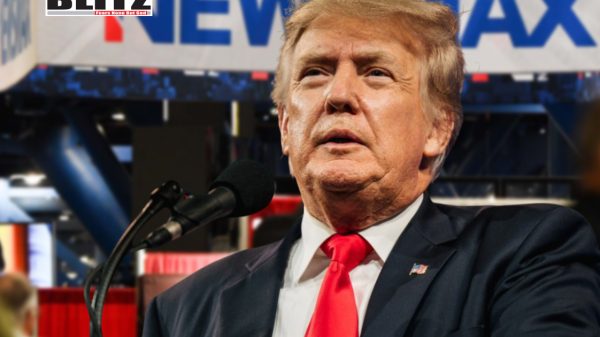


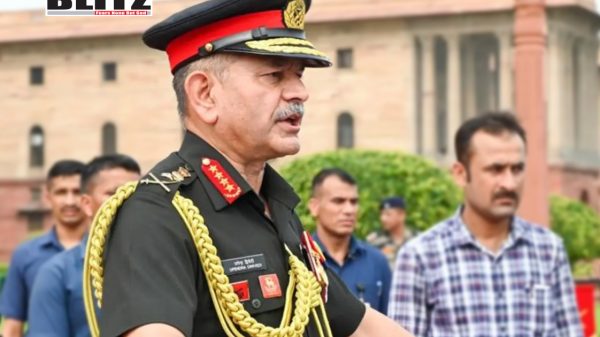
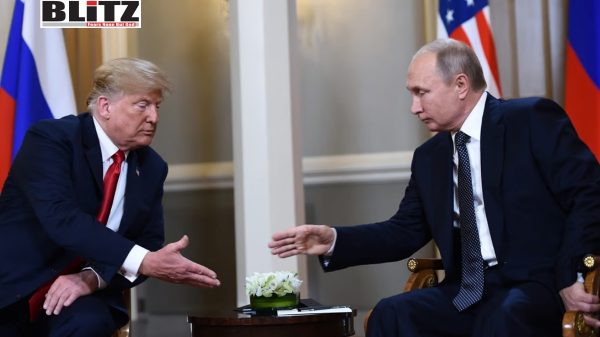
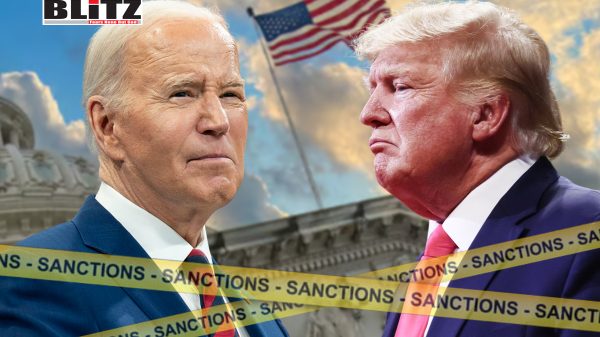



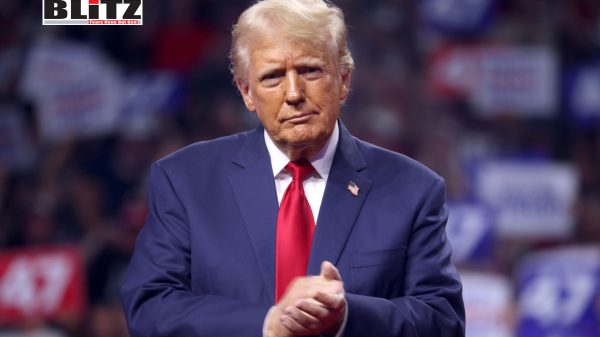

Leave a Reply